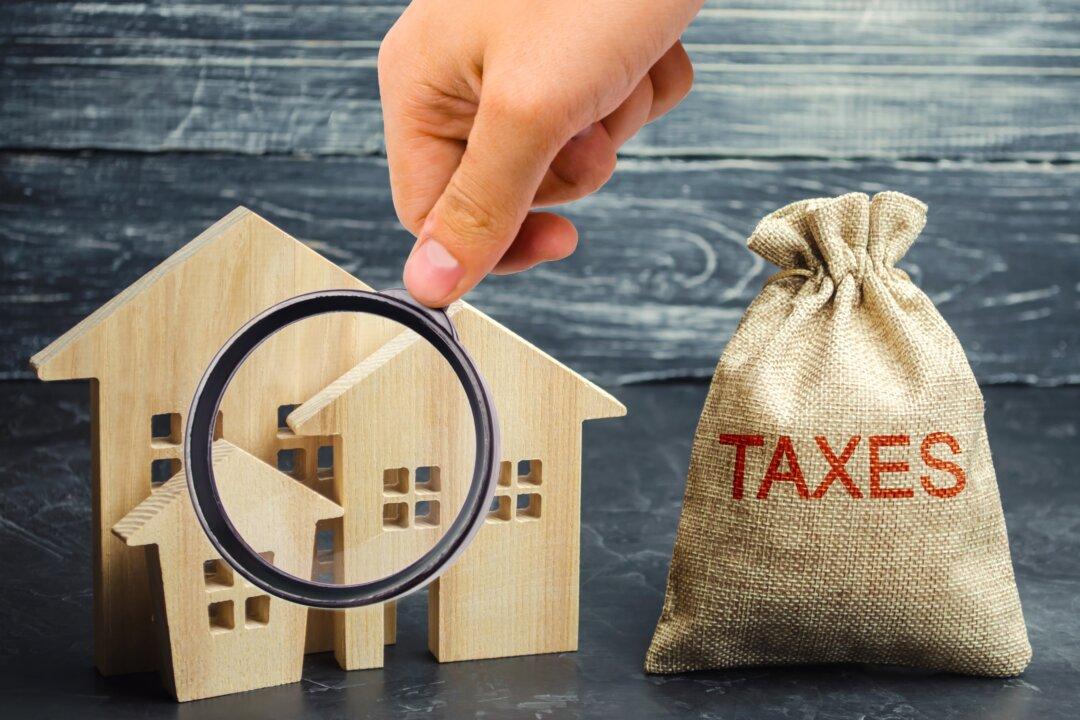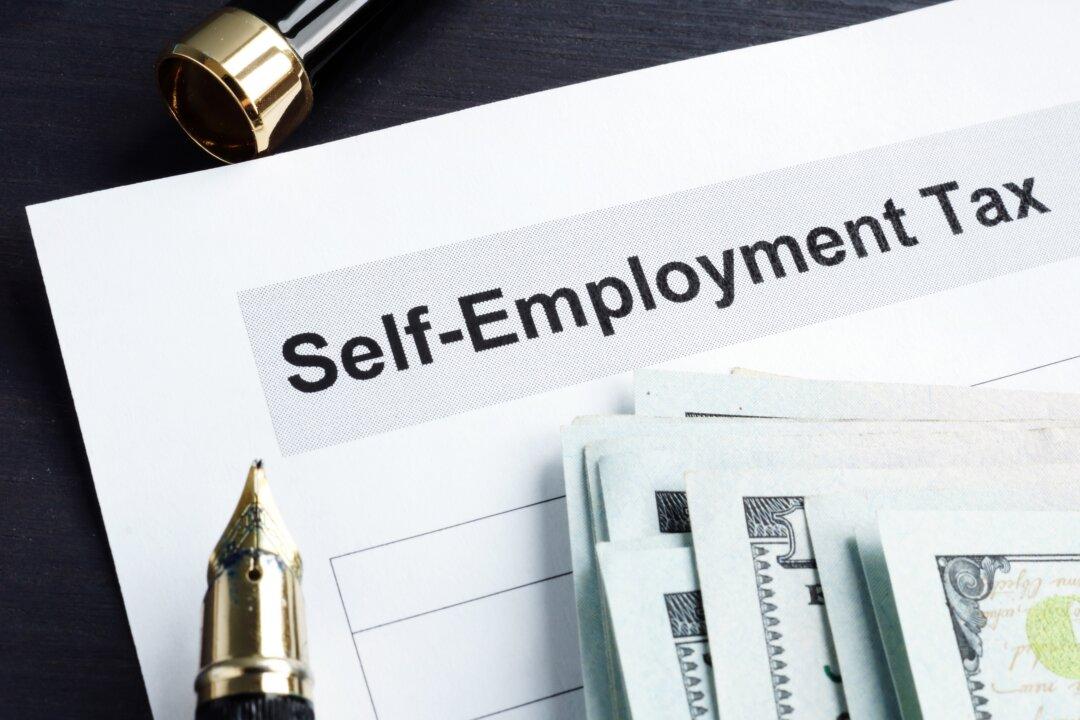When you purchase your first home, you become aware that you are required to pay for the privilege of owning a home. That payment comes in the form of property taxes.
Property taxes are a revenue source for most local governments. Whether you live in a city, a town, a village, or a parish, you are likely charged a property tax. Property tax revenues usually fund for local services such as police and fire departments, schools, infrastructure repair, recreational facilities, and other local governmental costs.






